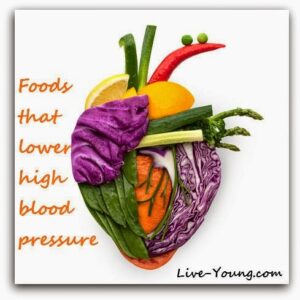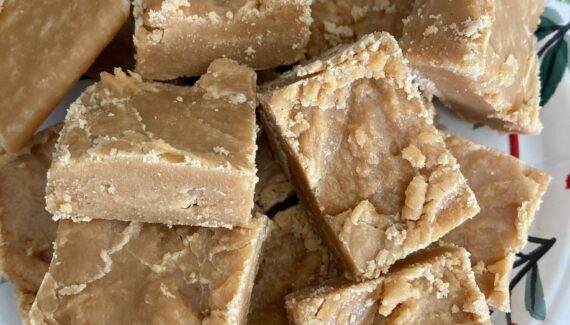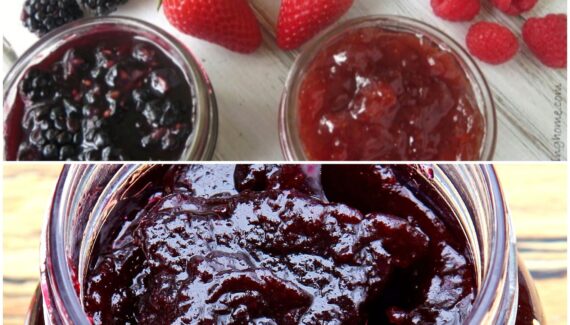
How to Treat Hypertension Naturally
Struggling with high blood pressure? While doctors often prescribe antihypertensive medications, they may not always offer enough practical dietary advice to help manage hypertension naturally. The good news is that small changes in your diet can have a significant impact on lowering blood pressure. Research shows that a diet rich in potassium, magnesium, and calcium is effective in managing hypertension. To support heart health, individuals with high blood pressure should focus on foods rich in essential fatty acids and minimize saturated fats, sugars, and salt.
Here’s a list of 8 foods that can naturally help lower blood pressure:
1. Spinach
Spinach is loaded with magnesium, which supports cardiovascular health, and folate, which helps reduce homocysteine levels—an important factor in heart disease and stroke prevention. To maximize its nutrient content, cook spinach lightly or enjoy it raw in salads.
2. Sunflower Seeds
Sunflower seeds are an excellent source of potassium, magnesium, and phytosterols, which help lower cholesterol levels. Since high cholesterol contributes to narrowed arteries and higher blood pressure, snacking on sunflower seeds is an easy way to add these heart-healthy nutrients to your diet.
3. Bananas
Packed with potassium and fiber, bananas are an excellent natural remedy for high blood pressure. Eating at least two bananas a day can help maintain healthy blood pressure levels and support electrolyte balance in your body.
4. Fatty Fish
Not all fats are bad for you. Omega-3 fatty acids, found in fatty fish such as salmon, trout, mackerel, herring, and sardines, can lower bad cholesterol (LDL) and promote heart health. Grilling or steaming fish without adding salt is ideal, but canned fish with low sodium can also be a good alternative. Omega-3 supplements like salmon oil capsules offer an easy way to reap the benefits.
5. Garlic
Garlic is known for its ability to improve heart health by reducing blood pressure and fighting atherosclerosis. Incorporating garlic into your daily diet, whether raw or in supplement form, can support cardiovascular function. If the strong odor bothers you, odorless garlic supplements are available.










